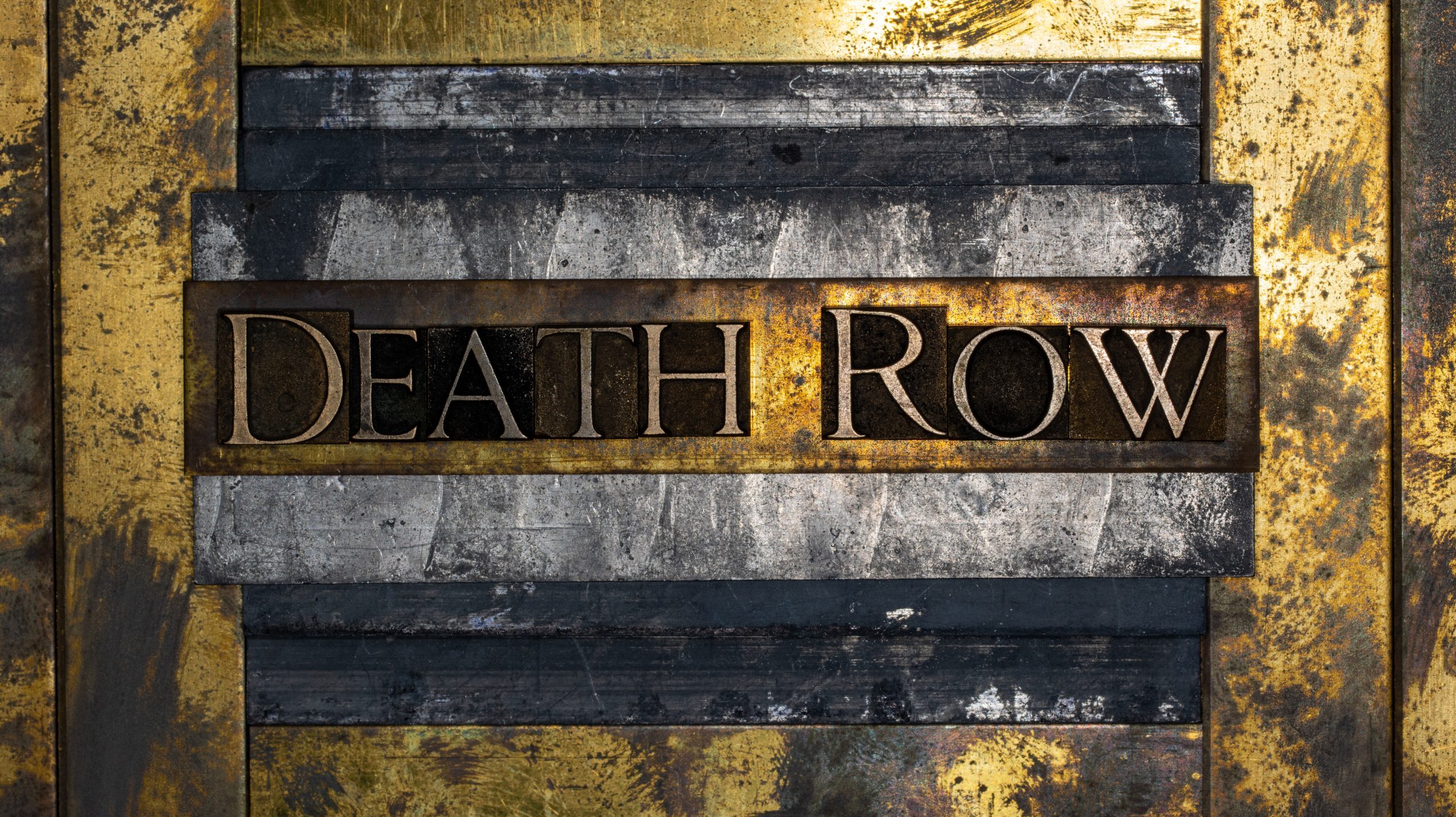In the wake of what officials are calling one of the most horrific child sexual abuse cases in state history, Alabama lawmakers are renewing efforts to allow the death penalty for convicted child rapists.
The official announcement came during a press conference where Senator April Weaver, R-Brierfield; Representative Matt Simpson, R-Daphne; Attorney General Steve Marshall and Bibb County Sheriff Jody Wade all delivered remarks.
Last year, a version of the bill passed the House but failed to advance in the Senate amid late-session delays and filibusters. According to Weaver, what’s different this time is the early momentum and strong backing from Republican leadership in both chambers.
“As someone who represents Bibb County in the Alabama Senate, I just want you to know that these events have hit really, really close to home,” Weaver said. “I believe that there is a special place in hell for child sex predators… and when it is approved by the courts, there is also going to be a special place in Alabama for child sex predators, and that is on death row.”
Under the proposed legislation, the most severe cases of child sexual abuse, particularly rape or sodomy of children under a certain age, could be prosecuted as “capital rape,” making the offender eligible for the death penalty or life without parole. The bill will likely mirror last year’s version, which raised the victim’s age threshold from six to twelve in alignment with similar laws in states like Florida and Tennessee.
The renewed push for the legislation comes in direct response to an ongoing investigation in Bibb County. If the bill were to pass in the 2026 Legislative Session, those who have been charged in the Bibb County investigation still could not be tried for capital rape.
Sheriff Wade, speaking at the press conference, said, “This is one of the most horrific cases of child sexual abuse that any of us can remember in our combined careers.”
Simpson emphasized that the state is prepared to defend the constitutionality of the law once it is challenged, as expected. In Kennedy v. Louisiana, the U.S. Supreme Court ruled that the death penalty for non-homicidal child rape was unconstitutional, citing its infrequent use as evidence that the punishment was “cruel and unusual.” But lawmakers believe that with more states enacting similar legislation, the Court may be prompted to reconsider.
“The rationale in Kennedy was that not enough states were doing this… there is a push now to change that narrative,” said Simpson. “It’s not going to be unusual because others are trying to do it.”
Concerns about the potential impact on victims were raised during the press conference. Marshall acknowledged the difficulty but defended the approach.
“We’re not creating additional stress for victims because it’s a death-eligible case. Those that offend children have created that problem… the criminal justice system becomes the only vehicle for which we can provide them with relief.”
Simpson further clarified that not every case of child rape would be prosecuted as capital. Like capital murder, a district attorney would determine whether aggravating factors justify the charge.
The process would follow the same track as capital murder cases. Indictment by a grand jury, conviction by a trial jury, followed by a sentencing phase where the jury decides between life without parole or death.
As Alabama prepares to enter its next regular legislative session, Weaver and Simpson are holding off on prefiling the bill to allow more legislators the chance to co-sponsor.
“The amount of support that I have received from my Republican colleagues has been amazing,” said Weaver.
If passed, Alabama would join at least five other states in enacting laws that seek to impose the death penalty for child sexual assault.
“Stealing the innocence of a child… should put you in the express line to the death chamber,” Weaver said. “And if it sends even one child predator to an early grave, well, that works too.”

















































